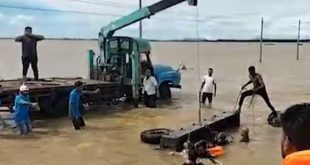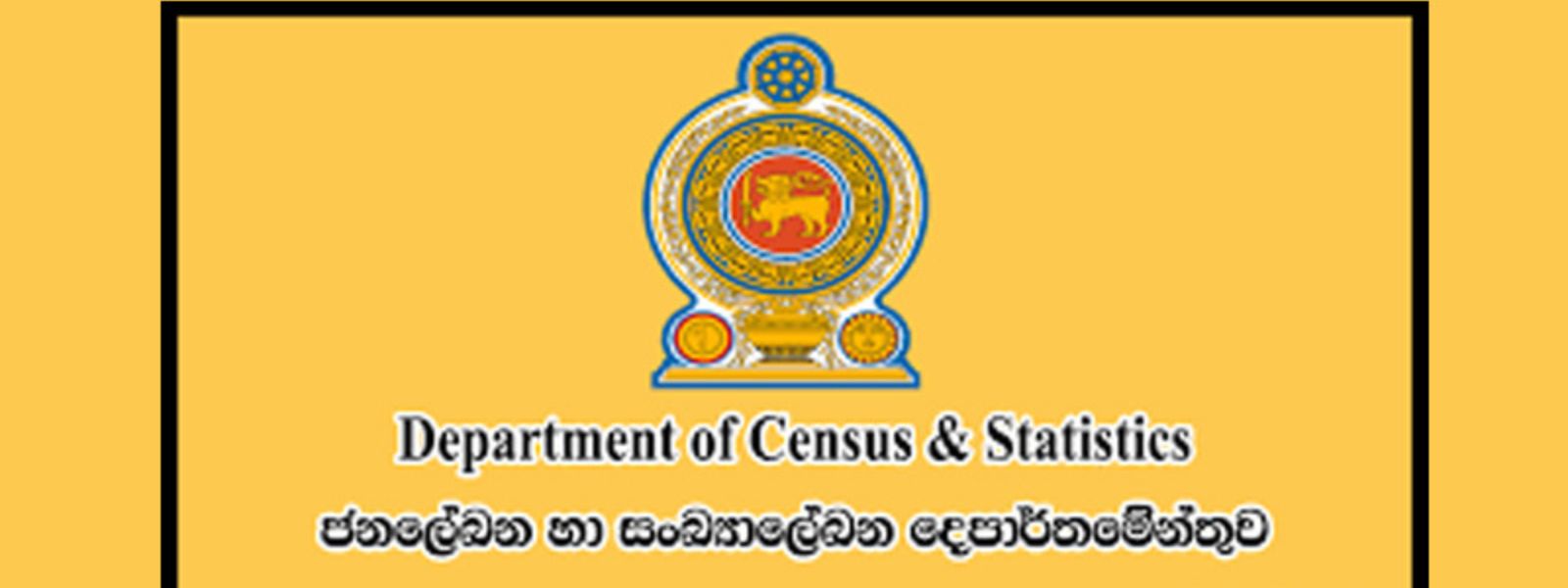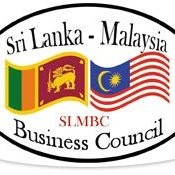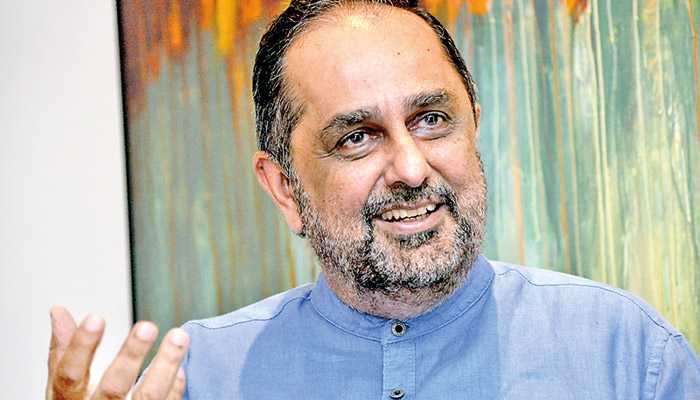UNITED NATIONS, Jun 22, 2010 (IPS) – Defying a challenge by the government of Sri Lanka, U.N. Secretary-General Ban Ki-moon Tuesday named a three-member panel of experts to advise him on how he should proceed with investigating violations of human rights and humanitarian law during the concluding stages of that country's long-drawn-out separatist war last May.
"The secretary-general has all the authority he needs to name a panel of advisers," U.N. spokesperson Martin Nesirky told reporters, without spelling out where the authority originated.
The Sri Lankan government repeatedly took the position the U.N. charter does not provide the secretary-general the legitimate right to appoint a panel of experts to probe human rights violations.
The creation of the panel was also not authorised by the Human Rights Council, the General Assembly or the Security Council.
Nesirky pointed out the panel is an "advisory panel limited to advising the secretary-general".
"It is not a fact-finding or investigative body," he added.
Asked whether the experts would interview witnesses, Nesirky said the panel has no plans to visit Sri Lanka – an act that would require the consent of a strongly antagonistic government.
"Whether the results of its work would be made public would be at the secretary-general's discretion," he added.
The three members of the panel are Marzuki Darusman of Indonesia as chair, along with Yasmin Sooka of South Africa and Steven Ratner of the United States.
The panel is expected to advise the secretary-general on "implementing the commitment on human rights accountability" made in a joint statement issued by Ban and Sri Lankan President Mahinda Rajapaksa after the U.N. chief visited the island nation in May 2009.
Rajapaksa, who scored an overwhelming victory in recent elections, primarily on the strength of his military's defeat of the Liberation Tigers of Tamil Eelam (LTTE), has consistently denied charges of war crimes and violations of humanitarian law.
"Our troops carried a gun in one hand and the human rights charter in the other," he said last week, claiming that the military did not "fire at a single civilian".
The United Nations, however, has said that an estimated 7,000 or more civilians were killed during the height of the battle that continued for over three decades. International human rights groups have also accused the military of executing LTTE rebels even as they surrendered.
An unidentified Sri Lankan official was quoted as saying the government was "unhappy with the appointment of the panel" which was "unwarranted and uncalled for".
During a visit to the United Nations last month, Sri Lankan Foreign Minister Gamini Lakshman Peiris said the appointment of the panel would be "unprecedented" – more so, he said, because it lacks the blessings of the Security Council, the General Assembly or the Human Rights Council.
"This is politically unacceptable to Sri Lanka," Peiris told IPS.
He also said Sri Lanka has already appointed its own commission of inquiry to investigate charges made against the military.
"The appointment of a panel by the secretary-general at this stage would be premature," he warned last month.
Nesirky told reporters Tuesday that in the secretary- general's view, the primary responsibility for investigating what happened in Sri Lanka is with that country's government.
Responding to a question, he said that Marzuki also has a role as special rapporteur dealing with human rights in the Democratic People's Republic of Korea (DPRK).
Still, Marzuki had made clear he has time to accomplish both tasks.
Asked about the funding for the panel, Nesirky said it would be paid out of funds available to the secretary-general for "unforeseen expenses".
Marzuki is a former attorney general of Indonesia, a member of the Indonesian National Commission on Human Rights and, most recently, served as one of the three commissioners of the U.N. commission of inquiry into the assassination of former Pakistani Prime Minister Benazir Bhutto.
Sooka is the executive director of the Foundation for Human Rights in South Africa and served as a commissioner on the South African Truth and Reconciliation Commission, and as an international commissioner on the Sierra Leone Truth and Reconciliation Commission.
Ratner, who is a professor at the University of Michigan Law School, was a former member of the U.N. Group of Experts for Cambodia, whose work laid the basis for the Khmer Rouge trials.
The panel has a four-month deadline to complete its mandate from the day it starts work.
The three experts will examine the modalities, applicable international standards and comparative experience with regard to accountability processes, taking into account the nature and scope of any alleged violations in Sri Lanka, according to a U.N. statement released Tuesday.
Post Disclaimer | Support Us
Support Us
The sailanmuslim.com web site entirely supported by individual donors and well wishers. If you regularly visit this site and wish to show your appreciation, or if you wish to see further development of sailanmuslim.com, please donate us
IMPORTANT : All content hosted on sailanmuslim.com is solely for non-commercial purposes and with the permission of original copyright holders. Any other use of the hosted content, such as for financial gain, requires express approval from the copyright owners.
 Sri lanka Muslims Web Portal Sri Lanka Muslims News Center
Sri lanka Muslims Web Portal Sri Lanka Muslims News Center



